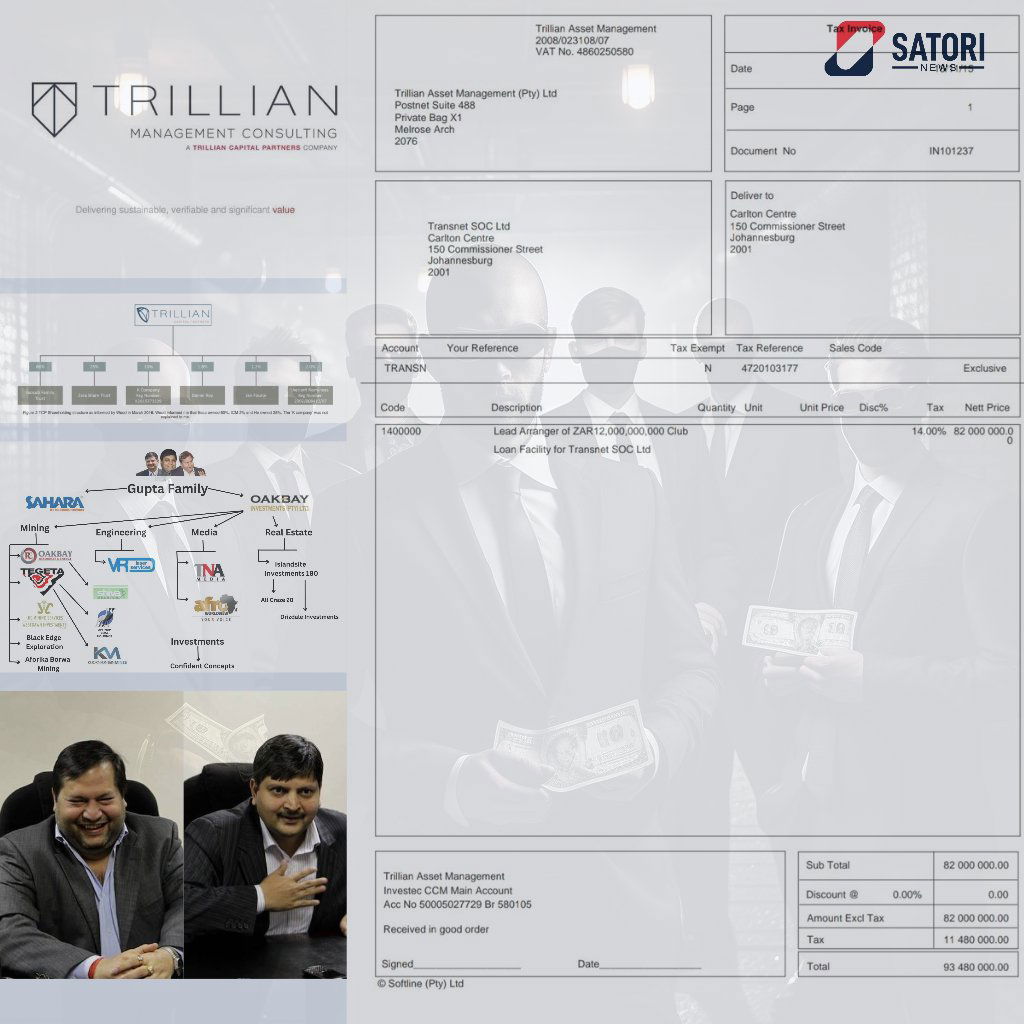Picture: for illustration purposes
Transnet’s Dubious Deal with Guptas Under Scrutiny
Transnet, the state-owned rail company, reportedly paid R93-million without running a tender to Trillian Asset Management, a relatively small firm. This payment occurred right after Lipshell 103, a company led by Salim Essa - a lieutenant of the Gupta family, acquired 60% of Trillian. The Gupta family and their associates have been accused of capturing state-owned firms for their own profit.
Transnet justifies this payment as a fee for arranging a multi-billion rand loan to finance the purchase of locomotives. Nonetheless, the fee paid to Trillian has been seen as staggering, providing a considerable rationale for investigation for potentially unethical practices.
Transnet’s link with Trillian has its roots in a tender issued by Transnet in 2012 for 1,064 new locomotives. McKinsey-led consultants were appointed by Transnet to advise on the funding structure and deal for the tenders. Regiments Capital, brought on board by McKinsey, was set to lead the funds-raising operations.
In 2014, the locomotive tender was awarded to four international suppliers. However, by mid-2015, it became evident that Transnet required additional funding beyond the over R30-billion already raised in loans. Trillian Asset Management was chosen to assist with this endeavour.
Trillian Asset Management, owned by four men including Rowan and Ben Swartz, worked with Stanley Shane, who held board appointments at Transnet and a third investment firm where his co-directors included Essa. This valuable connection facilitated the introduction of a buyer for the Swartz brothers' 50% share in Trillian: an obscure shelf company named Lipshell 103.
This investigation into the business deal raises significant red flags, notably the lack of competitive tender and detailed ownership structure, potentially damaging the perceived transparency and integrity of both Transnet and Trillian.










